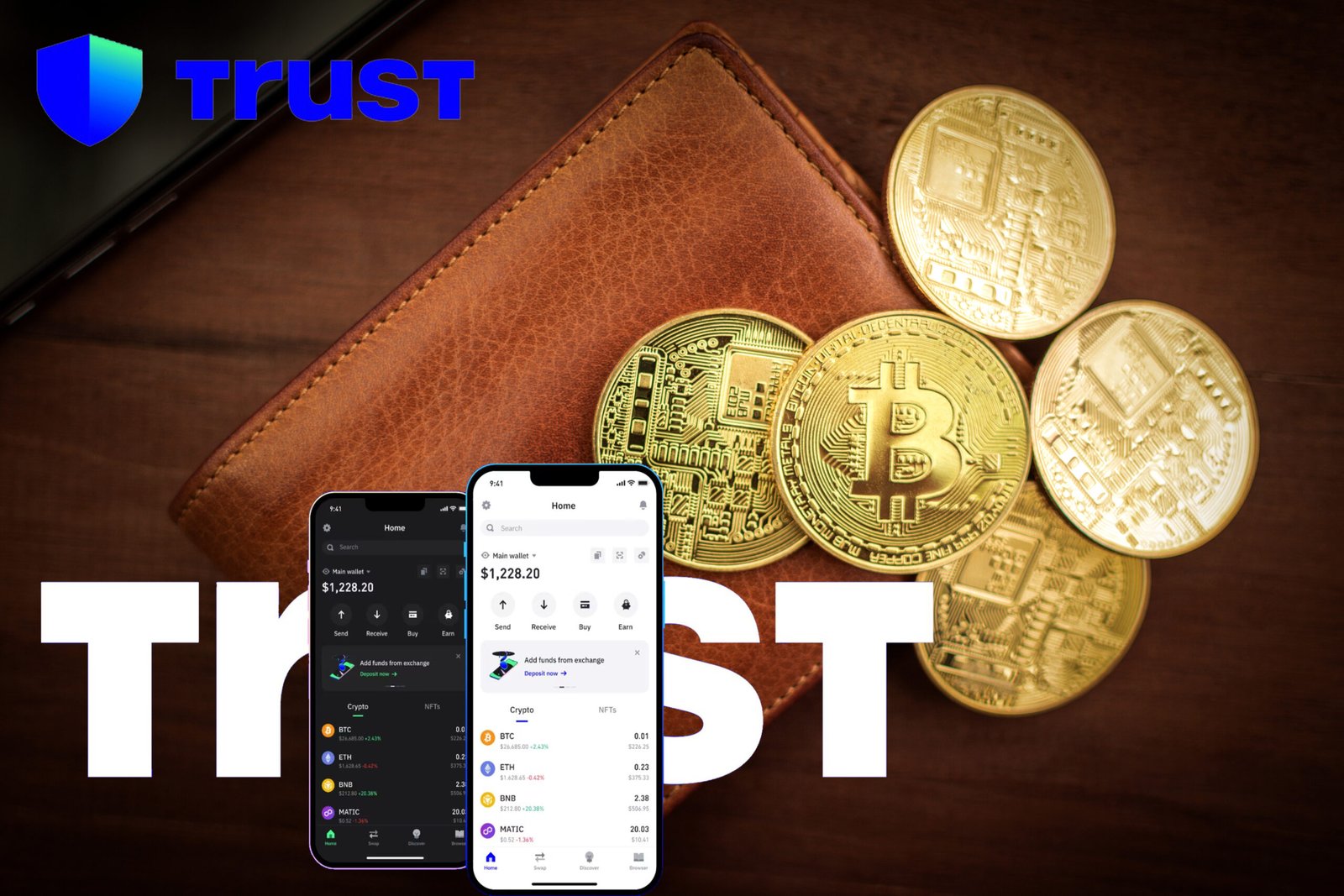
Overview Cryptomus
Cryptomus in a world where customers expect speed, privacy, and global reach, the Cryptomus payment gateway offers a streamlined way for businesses to accept digital currencies. I like to think of it as a bridge between modern crypto holders and everyday commerce: fast to deploy, simple to manage, and flexible enough to fit different business models.
Cryptomus Key Features
- Multi‑currency support: Accept a broad range of cryptocurrencies, enabling buyers to pay with their preferred assets while merchants choose how to settle.
- Instant invoicing: Generate invoices with dynamic exchange rates and QR codes to reduce friction at checkout.
- Auto‑conversion and settlement: Mitigate volatility with automatic conversion to stablecoins or fiat-equivalent options.
- Security-first design: Address common risks with address whitelisting, two-factor authentication, and granular access controls for teams.
- Compliance tools: Benefit from configurable KYC/AML flows and transaction risk insights tailored to your operating regions.
What Is Cryptomus? How It Works
From the customer’s perspective, checkout is quick: select crypto, scan a QR code, and confirm the transfer. Behind the scenes, the gateway monitors the blockchain, confirms receipt, and posts a payment status back to your store via webhooks or SDKs. You can settle in the original currency, a selected stablecoin, or split settlements to balance cash flow and risk. Refunds and partial payments are handled through dedicated workflows so finance teams keep control without adding manual complexity.
Integration Options
- No‑code plugins: Connect to popular platforms like Shopify, WooCommerce, and OpenCart with minimal setup.
- APIs and SDKs: Build custom flows with REST APIs, client libraries, and webhook events to handle pricing, invoices, and reconciliation.
- Point‑of‑sale: Create in‑person payment links and QR codes for retail or events, with instant confirmation screens for staff.
Fees and Pricing
Pricing typically includes a per‑transaction fee and network fees, with discounts at volume tiers. Auto‑conversion carries a small spread that is disclosed at the time of settlement. Because on‑chain costs vary, the Cryptomus Payment Gateway optimizes routing to minimize miner fees where possible.
Security and Reliability
Security is non‑negotiable. Cryptomus employs wallet segregation, multi‑sig or custodial risk controls, and activity monitoring designed to flag anomalies. Role‑based permissions let you segment access between developers, finance, and support. Reliability supported by redundant infrastructure and clear status endpoints so your team can monitor uptime.
Who It’s For
- E‑commerce brands seeking global customers without card chargebacks.
- SaaS and marketplaces wanting programmable, borderless payments and recurring billing.
- Gaming, NFT, and Web3 platforms that need native crypto options alongside fiat.
Getting Started
Create a merchant account, configure supported coins and settlement preferences, then install a plugin or connect via API. Test in sandbox, enable notifications, and roll out gradually with a clear refund and support policy.
Bottom Line
If you want a pragmatic crypto checkout that balances speed, security, and compliance, Cryptomus is a contender worth piloting. Start with a small cohort, measure conversion, and iterate your settlement strategy to match your risk profile.


